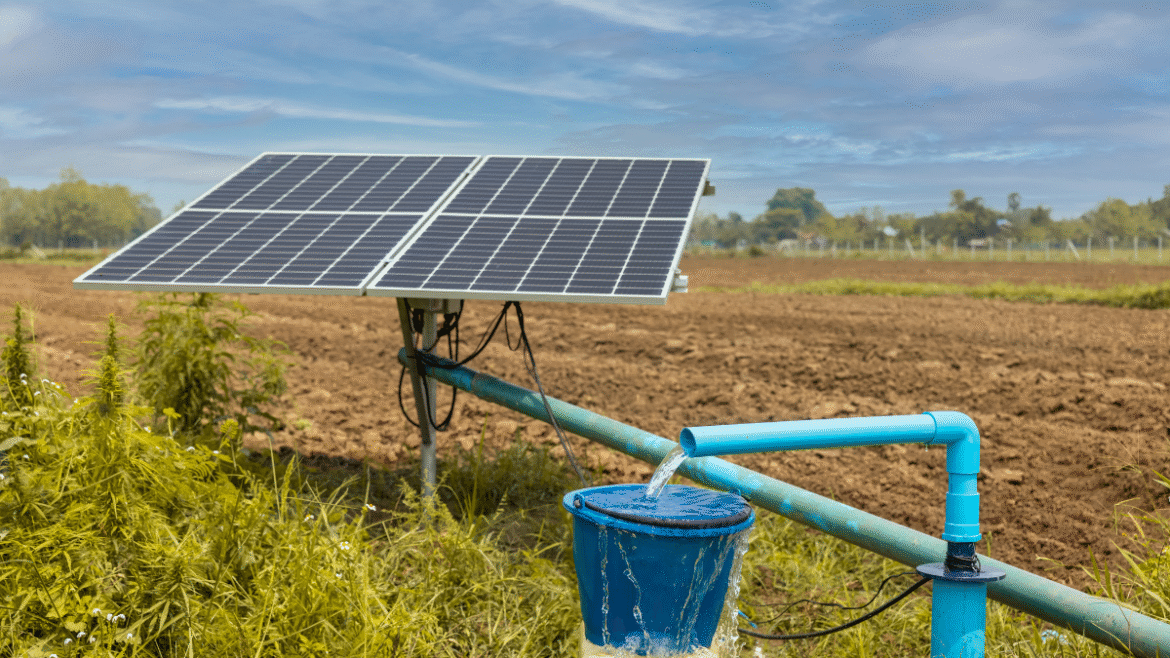AI Generated Summary
- The recent installation of boom barriers at the Sanaur vegetable mandi in Patiala has resulted in a notable increase in market fees.
- “This is a major stride towards making our mandis energy-efficient and eco-friendly,” he said after reviewing ongoing development works at various grain, fruit, and vegetable markets, as well as market committees and e-NAM operations.
- In a significant step toward sustainable development, the Punjab Mandi Board has announced plans to install solar power plants in major grain markets across Jalandhar, Patiala, Ferozepur, and Ludhiana.
In a significant step toward sustainable development, the Punjab Mandi Board has announced plans to install solar power plants in major grain markets across Jalandhar, Patiala, Ferozepur, and Ludhiana. The project, estimated at a cost of Rs 24.5 crore, aims to drastically reduce energy expenses while promoting the use of renewable energy.
According to board chairman Harchand Singh Barsat, the move is expected to save nearly Rs 3.5 crore annually in electricity costs. “This is a major stride towards making our mandis energy-efficient and eco-friendly,” he said after reviewing ongoing development works at various grain, fruit, and vegetable markets, as well as market committees and e-NAM operations.
The board also plans to enhance the green cover across the state by planting over 50,000 saplings in mandis, further underscoring its commitment to environmental conservation.
Barsat directed officials to expedite the renovation of the guest house in Talwandi Sabo, which will soon function on the lines of the well-known Kisan Bhawan in Chandigarh.
In addition to renewable energy initiatives, efforts are also being made to modernise vegetable markets. The recent installation of boom barriers at the Sanaur vegetable mandi in Patiala has resulted in a notable increase in market fees. Encouraged by this success, the board has decided to replicate the model in other mandis across Punjab.
This multi-pronged approach reflects the Punjab Mandi Board’s focus on infrastructure development, sustainability, and improved revenue generation—marking a transformative shift in the state’s agricultural marketing sector.




